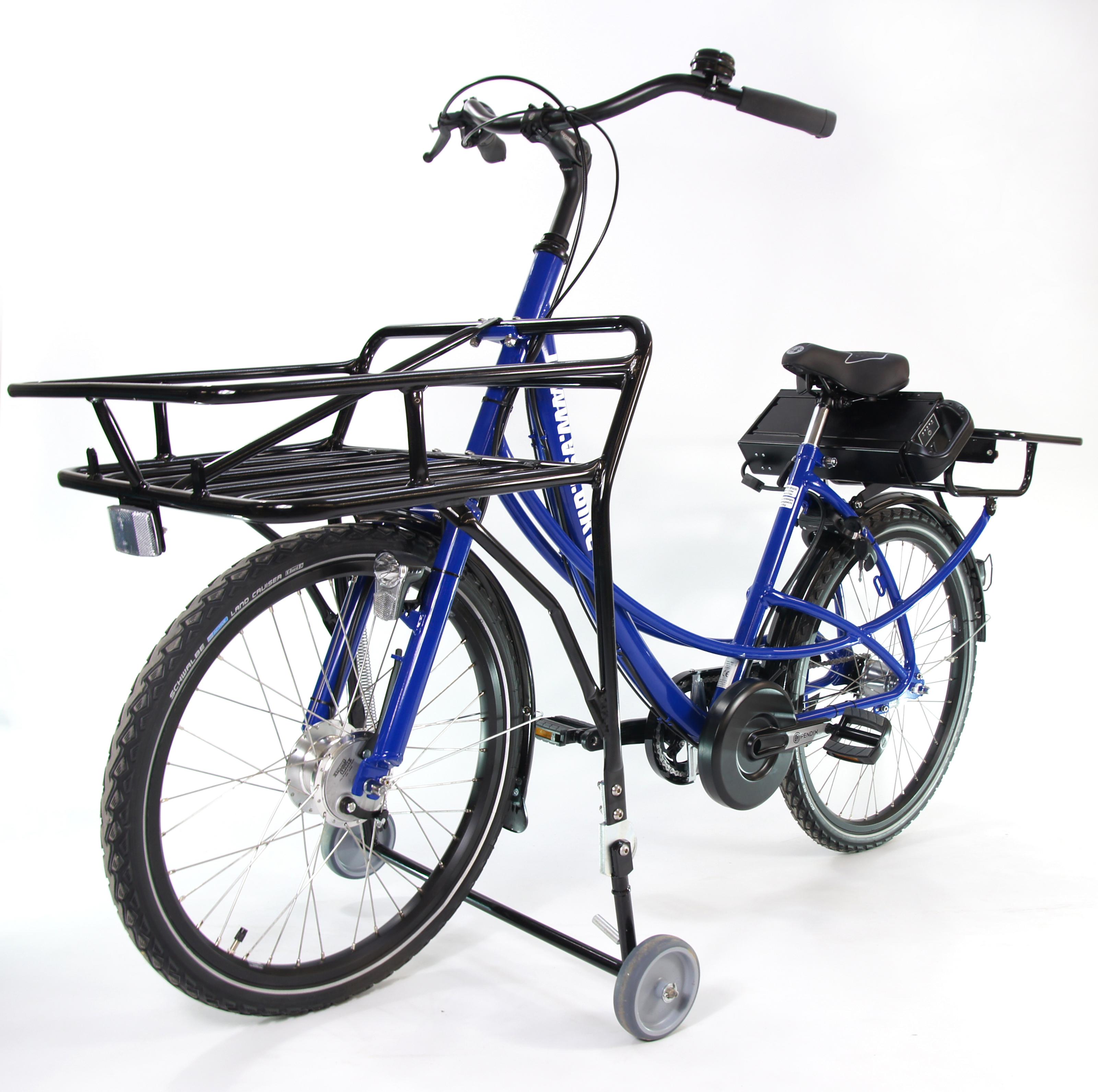Running at full speed: e-bike nation Germany
Whether city bike, mountain bike or cargo bike - more and more bikes are electrified. The e-bike trend is particularly strong in Germany: according to an estimate by the bicycle industry association ZIV, more e-bikes than classic bicycles are expected to be sold here this year. Within Europe, Germany is a stronghold for electric bikes, with almost half of all European sales of e-bikes being generated in Germany. In 2022, Germans spent around 6.2 billion euros on e-bikes, as the EY Bicycle Study 2023 shows, among other things.
E-bike paradise Germany

E-bikes are particularly attractive for the local bicycle industry. The reason: the sometimes significantly higher prices. On average, an e-bike costs five times as much as the muscle-powered version. Due to the high demand during the pandemic and the supply bottlenecks, e-bike prices have risen by 40 percent since 2018. In addition, bikes with an electric drive are among the most expensive in Germany compared to other European countries. Thanks to the e-bike boom, the bicycle market is currently a growth market. In recent years, consumers have had to wait a long time for their new bike despite the rising prices - this could now ease. Stocks are now full and demand has fallen slightly. The prospects are good: according to EY, prices are expected to fall by 5 percent and dealers will advertise with discount campaigns.
Sustainability: e-bikes outperform cars significantly

More and more people are discovering the advantages of e-bikes and in particular e-cargo bikes in everyday life. And when it comes to sustainability, two-wheelers leave cars far behind: according to the EY study, the production of a car alone generates between 4.2 and 5.3 tonnes of CO2, compared to just 0.55 to 0.82 tonnes for e-bike production. E-bikes also make cars look old when it comes to the CO2 footprint of everyday use, as their emissions are estimated at just 0.18 tonnes. Combustion engines, on the other hand, generate between 32.5 and 80 tonnes of CO2. Bicycles and e-bikes are therefore an important lever in the transport transition. Cargo bikes, such as the FINN from VSC.BIKE, can also overcome the limitations of normal e-bikes, for example in terms of space and loading volume, and replace more car journeys on short journeys and make everyday life more climate-friendly. Next, the recycling of bicycles and e-bikes is an issue that needs to be worked on more intensively.
Sustainable e-bike thanks to retrofit drive
When it comes to conserving resources, it is clear that reusing is always better than purchasing new. A new e-bike costs an average of 2,800 euros. However, a new purchase is not absolutely necessary for people who want to get to the office without a bead of sweat on their forehead. Retrofit drives, such as the Pendix eDrive, offer existing bikes an electric tailwind without having to buy a new e-bike. The retrofit motors can be fitted to most existing bike types. The motor is combined modularly with a battery of your choice. Retrofitting an e-bike motor also makes cycling more enjoyable again for people who have switched to cars for health reasons, such as knee problems.
Do you also want to make your everyday life more climate-friendly? The FINN cargo bike from VSC.BIKE and the Pendix eDrive will help you do just that. Arrange a test ride now!
